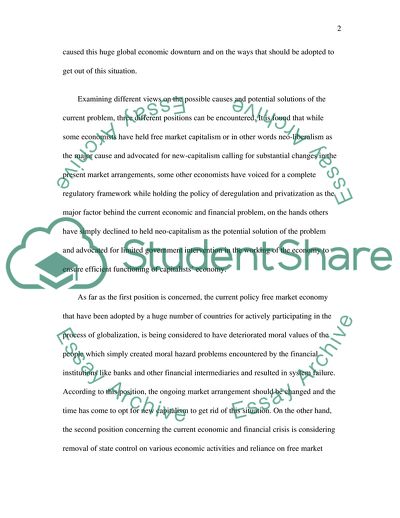Cite this document
(Economic and Contemporary Moral Problem Coursework, n.d.)
Economic and Contemporary Moral Problem Coursework. https://studentshare.org/macro-microeconomics/1725671-economic-and-contemporary-moral-problem
Economic and Contemporary Moral Problem Coursework. https://studentshare.org/macro-microeconomics/1725671-economic-and-contemporary-moral-problem
(Economic and Contemporary Moral Problem Coursework)
Economic and Contemporary Moral Problem Coursework. https://studentshare.org/macro-microeconomics/1725671-economic-and-contemporary-moral-problem.
Economic and Contemporary Moral Problem Coursework. https://studentshare.org/macro-microeconomics/1725671-economic-and-contemporary-moral-problem.
“Economic and Contemporary Moral Problem Coursework”. https://studentshare.org/macro-microeconomics/1725671-economic-and-contemporary-moral-problem.


